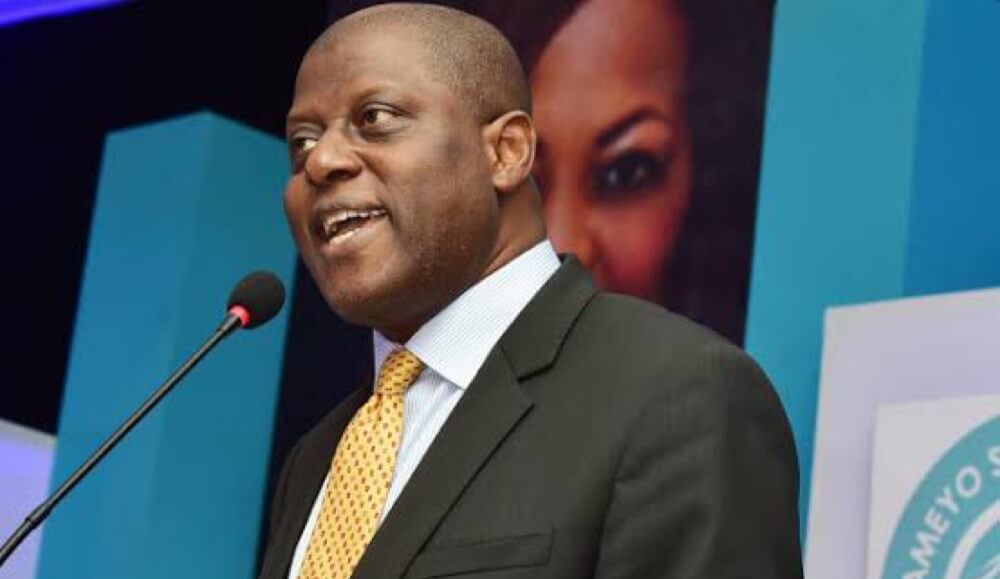
Olayemi Cardoso, the governor of the Central Bank of Nigeria (CBN), announced a notable increase in the country’s foreign reserves, which rose by 12.74% to $39.12 billion as of October 11, 2024.
Cardoso shared this development during his appearance before the House of Representatives Committee on Banking Regulation on Tuesday, October 15.
Cardoso revealed that Nigeria’s foreign reserves stood at $34.70 billion at the end of June 2024, reflecting significant growth in a few months. This comes after reserves fell to $32.29 billion on April 15, 2024, the lowest level in over six years.
“The reserves have grown significantly, with remittance flows now contributing 9.4% to total external reserves,” Cardoso explained. He attributed the rise in reserves to foreign capital inflows, crude oil-related taxes, and other third-party receipts.
“In the second quarter of 2024, we maintained a current account surplus and observed substantial improvements in our trade balance,” he added.
Cardoso emphasized the resilience of Nigeria’s external reserves, noting they can finance over 12 months of imports for goods and services or 15 months for goods alone—far exceeding the international benchmark of 30 months, ensuring a robust buffer against external economic shocks.
In discussing reforms in the foreign exchange market, the CBN governor pointed to the unification of exchange rate windows under the “willing buyer, willing seller” model. This strategy was designed to enhance foreign exchange liquidity and improve market transparency and stability.
“This reform has improved transparency, reduced market distortions, and streamlined foreign exchange allocation. The bank resumed FX sales at the NAFEX and Bureau De Change (BDC) segments, driven by increased supply from foreign portfolio investors,” Cardoso said.
The narrowing of exchange rate disparities between the NAFEX and BDC segments has also led to a convergence of rates, boosting market confidence and enabling the CBN to clear existing FX backlogs.
Cardoso further stated, “The settlement of all legitimate backlogs of outstanding FX obligations by the bank has significantly improved Nigeria’s credibility and ratings across the global financial market, helping to boost investor confidence and enhance liquidity in the foreign exchange market.”
“With improved investor confidence, foreign investments have increased, as evidenced by a significant rise in capital importation by 65.56% to $6.49 billion between January and July 2024, compared to $3.92 billion in the corresponding period of 2023.”
Cardoso concluded by noting the broader impacts of these actions: “Collectively, these actions have contributed significantly to the stability of the financial system.”



